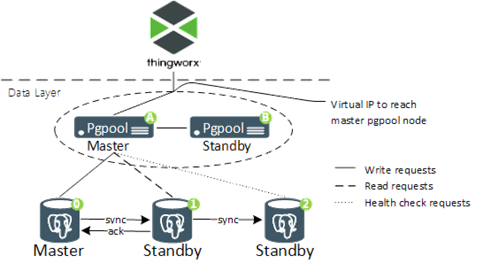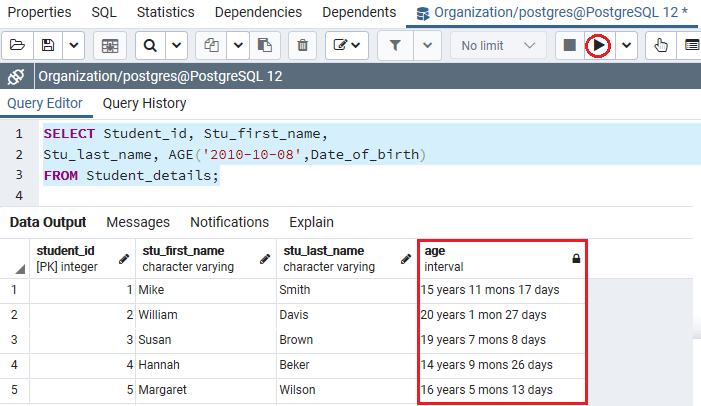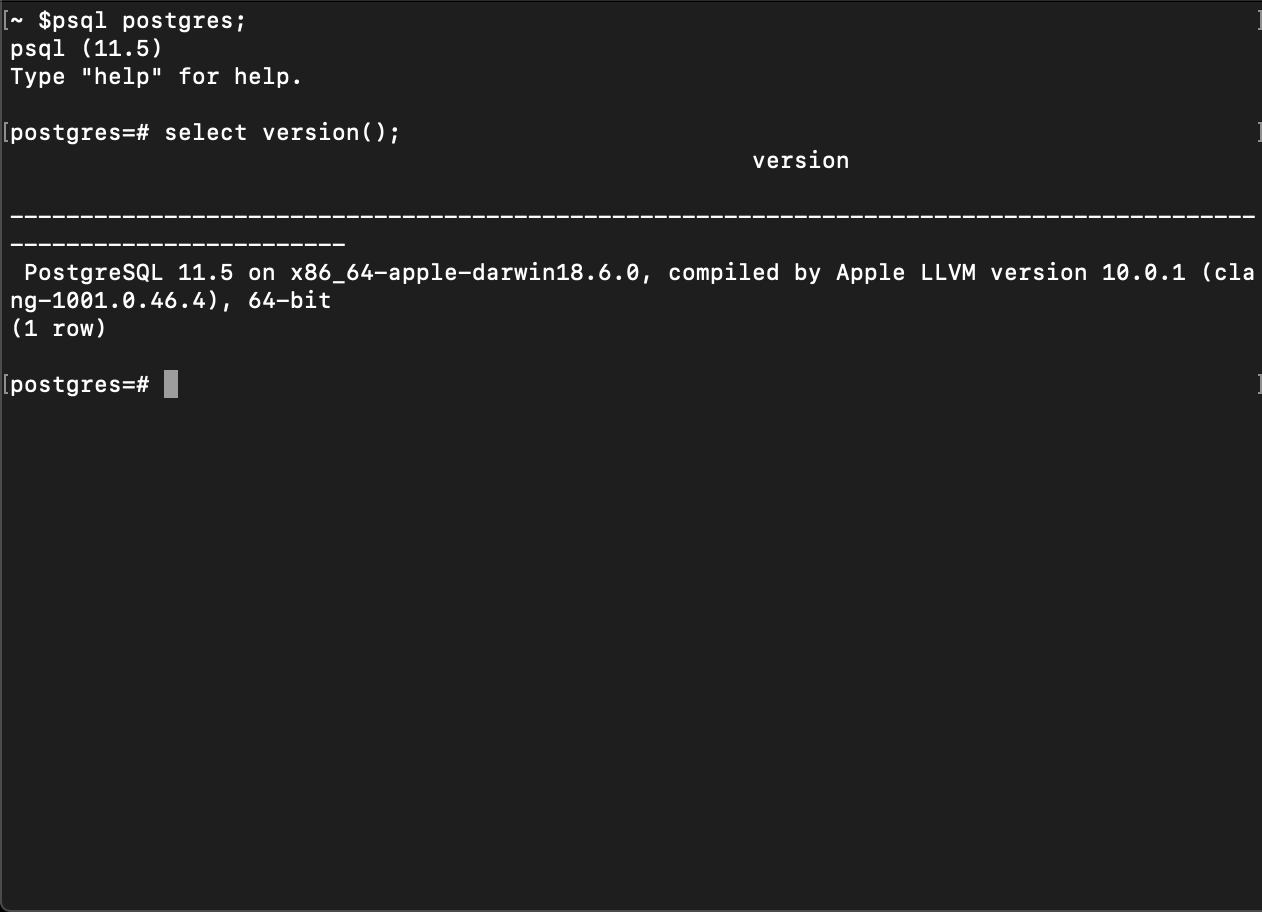
However this will not prevent us from using SQL in the most relevant way! Among others, SQL Server, Oracle, MySQL, and PostgreSQL are relational database management systems (RDBMS) that have their own SQL dialect for the reasons we previously exposed.įor novice or intermediate users, the differences can mainly be seen in the syntax, and for most of us (I would include myself here) the technical reasons behind such differences are rather obscure. SQL dialects: What are the differences?Īs you understood, SQL is one programming language that is used to extract data and process data in databases. By doing so, they gave birth to a variety of SQL dialects. To summarize this historical introduction, the situation as of today is the following: there exists only one SQL language, but the different Database Management Systems have extended the original SQL standard to add their own functionalities or adapt the syntax to their own way of functioning. This explains why a multiple of SQL dialects made their apparition and still co-exist today. However, new variations kept appearing as database implementers working at different vendors needed to solve new problems or circumvent already existing problems that were not addressed in the standard. The SQL standard has been revised multiple times since the 1980s, although the core features of the standard SQL have been stable since 1992. SQL became a standard of the American National Standards Institute (ANSI) in 1986 and of the International Organization for Standardization (ISO) in 1987. Following this, some efforts were made to create one SQL standard in the late 1980s. Algebra won the battle, and this is the method that is used nowadays. Codd’s research paper ( source)Īfter this groundbreaking invention, designers chose to express the relational model in two ways: as a calculus (as Ingres did) or as an algebra (as IBM did). Finally, we will put these insights into perspective to help you choose the best way you can learn and use SQL as a tool to manage databases.Įxtract of E.F. This will lead us to a second part aimed at better understanding the differences between the various SQL dialects. First, it presents the historical background behind the creation and expansion of SQL, which forms the basis for further developments of this programming language.

However I must admit that this is not true: there are indeed variations in the SQL programming language.

I initially thought that the multiplicity of terms used to talk about SQL as a programming language was the result of overcomplication made up by bored engineers or marketers to sell the same “product” under different names. Why not simply “SQL” to talk about… SQL? By the way, do you pronounce it “S. Whether you are a beginner in the field of database management or an SQL expert manipulating tables and views all day long, you may have already heard of barbaric terms about SQL like “Transact-SQL” or “PostgreSQL”.

Looking for the right direction in the SQL jungle (Photo by Ethan Sykes on Unsplash)


 0 kommentar(er)
0 kommentar(er)
